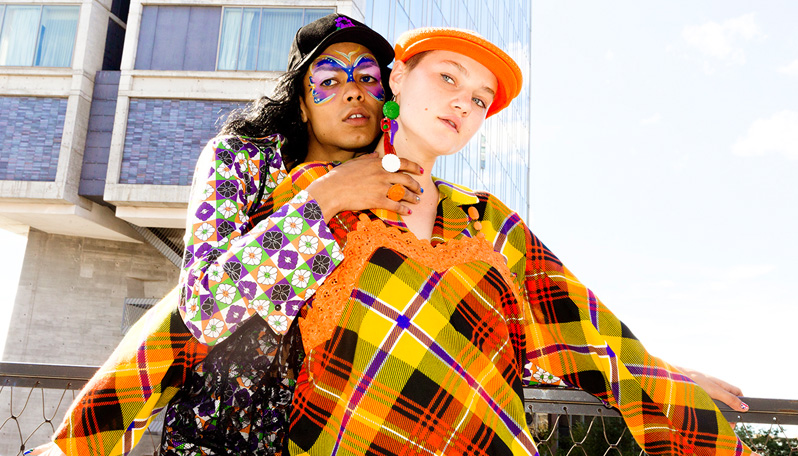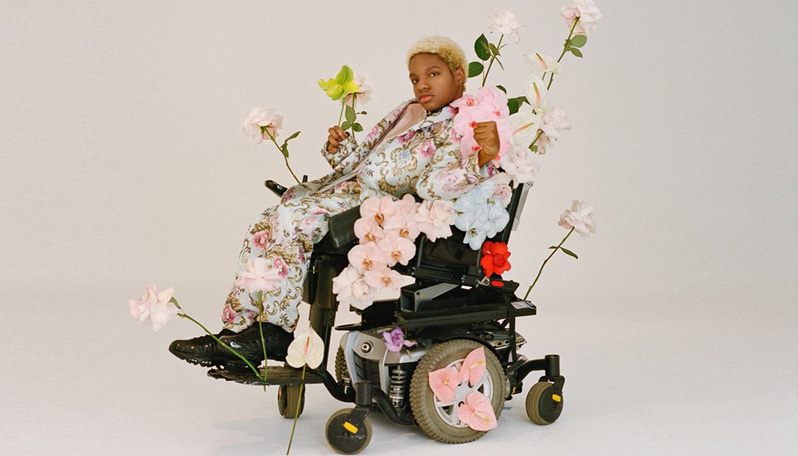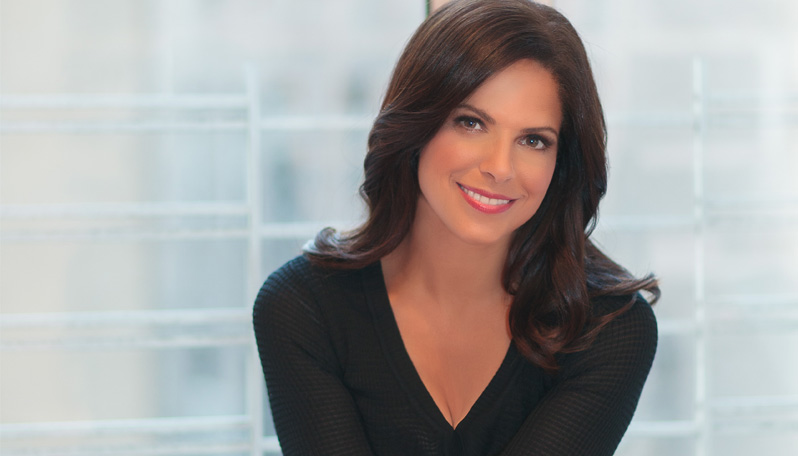YouTube celebrity Kat Blaque discusses her life, intersectionality and technology
Kat Blaque is a transgender rights activist and runs a YouTube channel focused on social justice issues, particularly around race, gender, the LGBTQ+ community, and feminism. Kat was born and raised in Los Angeles, California where she earned a Bachelors of Fine Arts from the California Institute of the Arts. Kat also manages a YouTube series called True Tea where she answers viewers’ questions on topics such as racism, transphobia, and black culture. In addition to her work on YouTube, Kat has animated several short films, including “Sometimes You’re a Caterpillar.”
What key experience most shaped your outlook on life and your journey?
When I was in the fifth grade, I discovered my dream school, CalArts. I knew that I wanted to go there to study animation. I worked really hard from the fifth grade forward, and got accepted into the character animation program at CalArts directly out of high school.
I worked hard throughout my four years at CalArts, and during that time my life changed in many complicated ways.
When I graduated from CalArts, I entered the animation industry and joined a studio. Working in that studio, I realized that this was not what I really wanted to do. I thought that maybe the animation industry wasn't for me, and this was a very upsetting experience.
I worked at that studio for three months, and the day I left was a pivotal moment in my life. I had worked so hard to get to a place where I thought I wanted to be, only to realize that I didn't want to be there. I remember going home on the subway, crying and wondering what I was going to do.
Then, I realized that I had been turning down offers for illustration gigs because I was at the animation studio. Not working at the studio also gave me more time and energy into the YouTube channel that I had been working on since I was 15 years old.
Through that YouTube work, I was able to figure out my path. I have an animation degree; I have all this knowledge and ability, and on top of that, I have a passion for education on social issues. I wanted to pursue representation of those things on YouTube.
I found a clear path, one that I probably wouldn’t have found had I not had the experience of failing at something I had worked so hard to achieve. I think that was the pivotal moment of my life.
What advice do you have for people who may be reluctant to pursue their passion using technology?
Many people are too worried about quality when they first start. They see YouTubers who have amazing quality, and they think that they need to be on that level when they are just starting. My big advice is that quality can come later.
It’s more important to start a dialogue with your audience that keeps them interested.
A lot of people give themselves the excuse of, “...well I can't do this because I don't have the quality.“ Or, “I can't do this because I don't have the best camera, or the best footage, or the best set.” But the reality is, if you don't have the practice of just doing it, you're not going to get to the point where amazing quality makes sense.
Most of us have very high-definition cameras in our pockets all the time. You can start there. Just start filming on your phone, see how that feels, and go from there. Then, when you know that this is something you really want to do, and when you make a bit of money from your videos, then spend that on buying better equipment. Don’t give yourself the excuse that you shouldn't start until you have high quality.
How do you think your intersectionality helps you connect with people?
Intersectionality acknowledges that people embody different experiences. People experience oppression differently because of their different identities. I am a black person; I am a woman; I am a trans woman, and these all impact the way power structures interact with me.
A lot of people who don't have the intersections that I have aren’t fully aware of their impact. For example, in the conversations I have with other feminists, they don’t always understand that racism makes the misogyny I experience distinctly different from what a white woman would experience. So while we both experience misogyny, I experience the intersection of misogyny, racism, and at times transphobia.
People follow me on social media for different reasons. I've had people follow me for my feminist content and not even know about my trans content. Other people follow me for my trans content and not know about my feminist content.
My audience is made up of people who are vastly different from each other. At my talks, when I answer questions or when people talk to me about their personal issues, their experiences are all very different. I have a very broad audience, so I guess that's what helps me.
Why do you think that your audience has grown so dramatically on YouTube?
I think that my popularity grows because there aren't many people on YouTube like me. I'm covering a very niche topic. I know of only one other trans woman who does social issues content and who is also a black woman.
I would like to get to a point where there are so many people doing what I do that I become a cliché, because there would be so many other options. But for now I think that I am popular because I'm one of the few people doing what I do.
Given your success on YouTube, what are some of your suggestions on how to use that platform?
When it comes to using YouTube, you have to figure out exactly what you want to do. Many people will tell you to look at what's trending and to work off of what other people are doing. Honestly, that's not how I use YouTube.
Occasionally, I will talk about a popular issue, but ultimately I'm going to do what best serves my community. My heart is teachers and people who are looking for resources to teach their classes. That's my heart, and that's not always going to be the most popular thing. It’s not always the trending thing, but it's going to be most useful for my community.
Also, I encourage people to think of YouTube as one part of your portfolio. YouTube should be where you direct people to show what you can do and what you're interested in.
YouTube shouldn’t be the ‘end all be all’, and don’t think of it as your main source of revenue.
If you’re interested in making money on YouTube, you've got to have more than just that one revenue stream.
YouTube should be the hub where people can learn about you. But you should also have merchandise, or some other business, tied into your YouTube channel. So you have to be smart about it. Don't put all your eggs in one basket.
Maintain your YouTube presence as consistently as you can, but expand beyond the channel as well.
Contact Us
Stay in touch. We want to hear from you. Email us at Acceleratewithgoogle@google.com
Please note that this site and email address is not affiliated with any former Google program named Accelerator.



